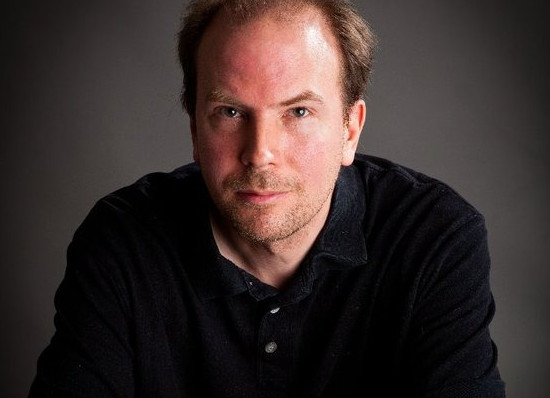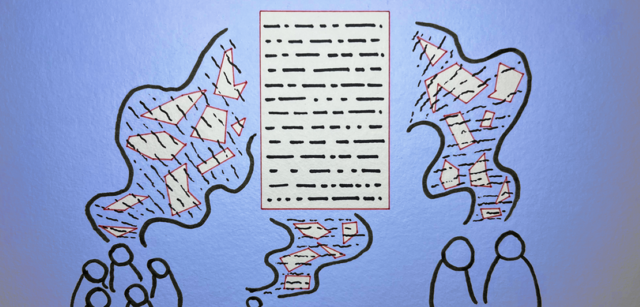< Back to news 


May 22
Private Firms Now Dominate AI Supercomputing: ‘We’re at the mercy of Big Tech’
The global AI arms race is no longer driven by governments but by tech giants. New U.S. research shows that 85% of the world’s most powerful AI supercomputers are now privately owned—up from just 40% in 2019.
At the forefront: Elon Musk’s Colossus, built in just 122 days and powered by 200,000 Nvidia chips making it 50 times more powerful than the top government system from six years ago. The cost? $7 billion. Energy use? Equivalent to 250,000 households. “This paints a grim picture,” says Prof. Cees Snoek, computer science expert at the University of Amsterdam. “The public sector has virtually no computing power left. In the Netherlands, AI researchers share just 650 chips. We’re completely reliant on big tech.”
The outlook is stark: by 2030, the most advanced AI computer is expected to cost $200 billion and require the energy output of nine nuclear reactors.
Vergelijkbaar >
Similar news items

August 22
AI outwrites bestselling fantasy authors in short story challenge
A writing contest between humans and machines ended with a surprise: the top-rated story was written by AI, much to the dismay of fantasy author Mark Lawrence.
read more >

August 22
AI assistance may reduce doctors’ diagnostic sharpness
Doctors who rely on AI may become less accurate at spotting early signs of illness. New research highlights the risk of “deskilling” in medical AI use.
read more >

August 22
AI supports more diverse news exposure and healthier public debate
News sites often show content that confirms what you already believe. AI can help surface alternative perspectives, and strengthen public debate.
read more >